Do Cats Know When You Are Sad?
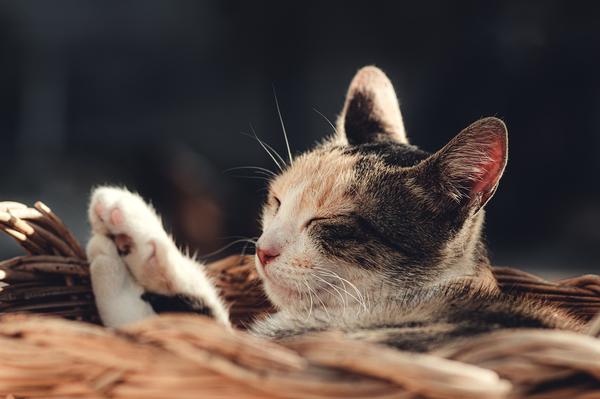
Feeling down with a heavy heart?
Ever wonder if your feline companion can sense your sadness?
I mean, surely their purrs and head nudges aren't just a coincidence, right? 😺
Let's delve into this intriguing territory together.
Ready to find out?
Let's dive in.
Can Cats Sense Sadness?
Cats possess a remarkable ability to detect and understand human emotions, particularly sadness. They observe our behavior, body language, and facial expressions, using these cues to gauge our emotional state. Their keen observation skills and affectionate gestures reaffirm the deep bond between cats and their owners.
Fellow cat lovers...
Let's talk about those mesmerizing creatures we call cats.
Not only do they have an extraordinary sense of smell that can pick up on changes in hormone levels (like cortisol) indicating sadness - they also have a unique knack for sensing and understanding our emotions, particularly when it comes to sadness.
Just think about it for a second.
When you're feeling down in the dumps, your furry feline buddy might come over with comforting purrs, tender rubs, or simply sit right beside you, quietly giving their support.
And guess what?
It's no coincidence!
Cats can actually tell when their owners are feeling blue through various clues - from observing your behavior, body language, facial expressions, and speech, to even paying attention to how you interact with others.
Now, you ought to remember that cats may not experience emotions in the exact same way we humans do. However, they too can feel a bit down due to lack of social contact, past traumatic experiences, or the loss of a companion.
But what truly sets them apart is their incredible ability to tune into our emotional wavelengths.
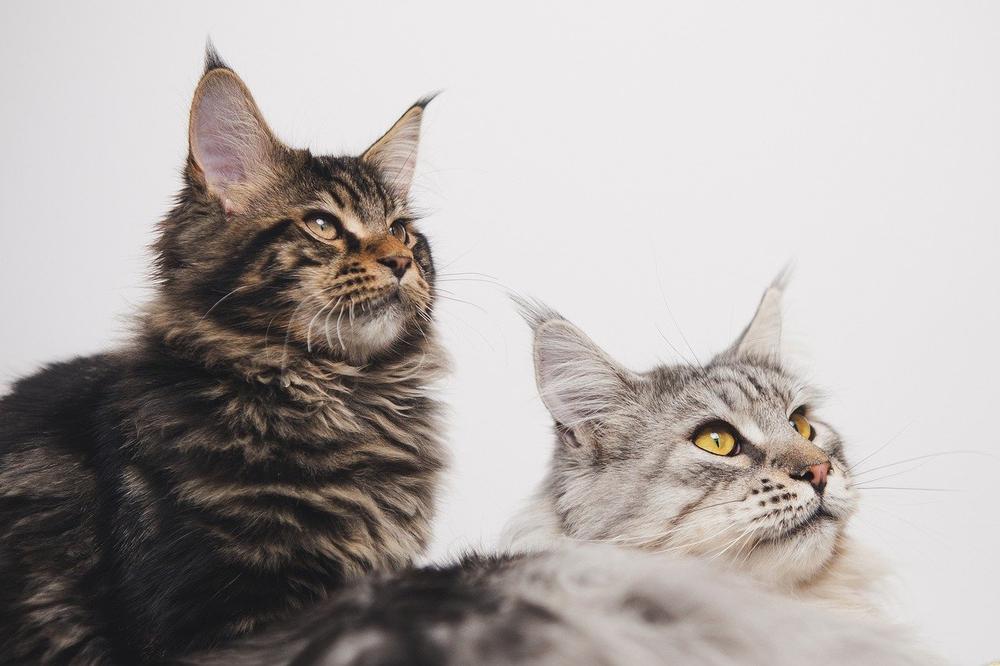
It's like having your very own built-in emotional support system right at home!
What's more, cats are immensely attuned to physical and behavioral changes in their human pals.
When they sense sadness, they tend to engage with you more frequently and adapt their behavior accordingly.
With their sharp vision and hearing, they become keen observers of your facial expressions, using these cues to determine your emotional state.
By actively developing their cognitive and social skills to connect with us, cats become absolute pros at reading human emotions.
Whether you're jumping with joy or sinking into sadness, cats are quick to catch on to these positive or negative signals, which helps them comprehend what you're going through and shower you with affectionate gestures.
So, my lovely readers, if you've ever wondered whether your cat can pick up on your sadness, wonder no more.
The evidence is crystal clear - these incredible beings have an uncanny ability to detect and respond to our emotional well-being, reaffirming that magical bond between humans and cats.
And if you're curious about another fascinating aspect of our feline friends, I have the perfect blog post for you.
In Do Cats Have Nightmares, you'll discover the captivating world of feline dreams and find out why cats may experience unsettling nocturnal visions.
It's a topic that offers a glimpse into the intriguing inner life of our beloved companions.
So, if you want to delve deeper into this mysterious aspect of cat behavior, I invite you to explore my insightful guide.
Can My Cat Tell if I’m Depressed?
Sure thing, I've got you covered!
Cats have this incredible knack for sensing when something's not right.
They're like tiny emotional detectives, always in tune with what you're feeling.
When it comes to sadness or depression, cats can sense the shift in your routine and activity level – no words necessary.
See, cats are perceptive beings, picking up on your emotions effortlessly.
They'll notice if you're feeling low and may offer some extra tender love and care.
It's not unusual for a cat to shower their sad owner with increased physical affection.
And guess what?
When you're feeling down, cats might do things to comfort you.
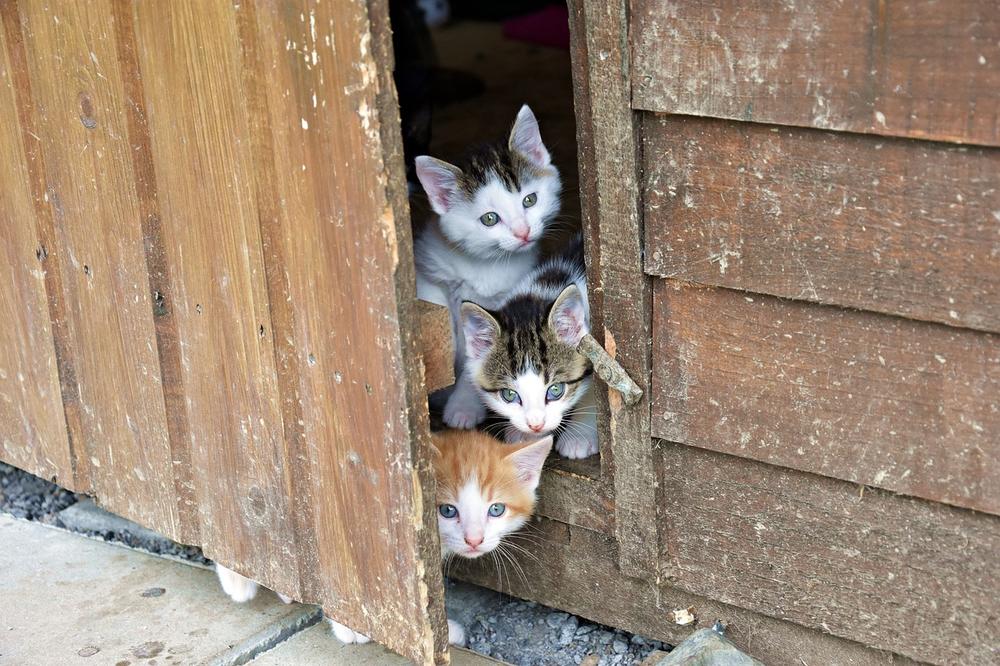
They'll rub against your legs or purr softly, just to lift your spirits.
But hold up, here's another fascinating tidbit:
Cats can actually read your facial expressions!
Yep, they can tell the difference between anger, sadness, joy – you name it!
This ability helps them understand how you're feeling and respond accordingly.
Don't underestimate their social nature either.
Cats form strong emotional bonds with their human parents and recognize the significance of those emotional cues.
So remember, if you're feeling down, rest assured that your cat has your back, offering love and support in their own unique way.
And you might be wondering, just how do cats pick up on these emotions?
Well, let's dive deeper into the fascinating ways in which our feline friends can sense and respond to our sadness...
How Cats Respond to Your ‘Sadness.’
When cats sense your sadness, they respond in these 10 ways:
- They become more affectionate.
- They spend more time with you.
- They provide comfort and consolation.
- They recognize human emotions through observation.
- They interpret signals such as body language and facial expressions.
- They closely monitor changes in your facial expressions and behavior.
- They understand and respond to your emotions.
- They are sensitive to shifts or fluctuations in your emotional state.
- They seek attention and affection when you are unhappy.
- They can initially avoid you during arguments or loud noises but eventually show care again.
Cats are incredibly attuned to their owners' feelings and adjust their behavior accordingly. They know how they are treated based on visual and auditory cues associated with sadness.
Additionally, cats functionally respond to emotional stimuli, with their stress levels increasing if you display anger or anxiety.
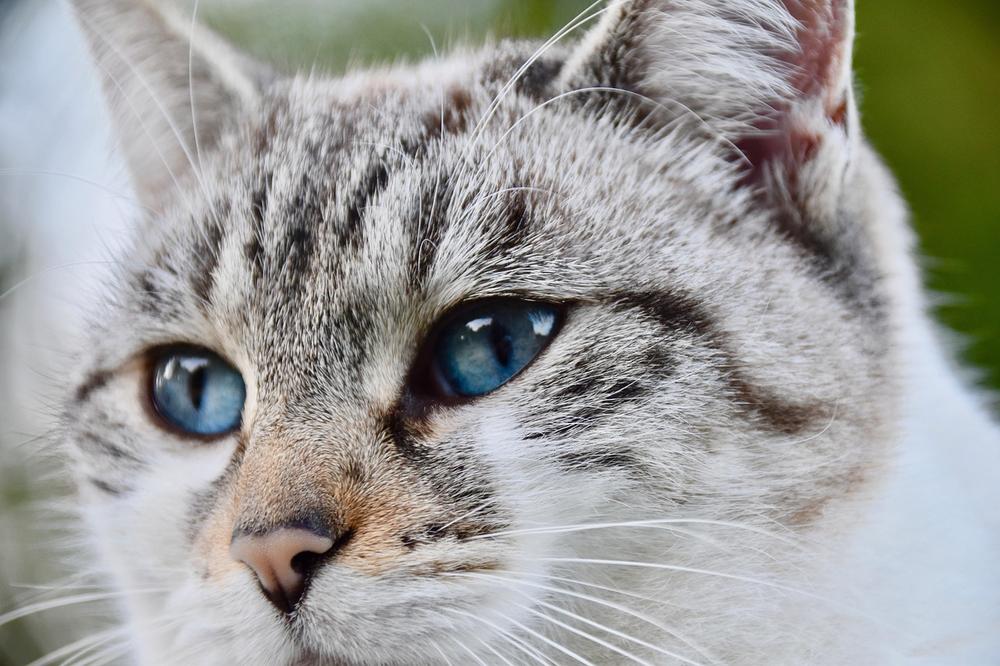
Cats truly have a unique ability to empathize with their human companions, providing comfort and support whenever it's needed.
And here's where it gets even more fascinating...
Cats may use purring as a calming mechanism when their owners are sad!
What Might Your Cat Do When They Know You Are Sad?
When you're feeling down, cats can be there for you.
Purring is a soothing mechanism they use to ease your sadness.
The gentle vibrations of their purrs have been proven to bring about relaxation and alleviate stress.
These perceptive creatures are attuned to your emotions and respond accordingly.
You'll notice subtle changes in their behavior as they try to comfort you:
They may become more present, cuddle up beside you, take up residence in your lap, maintain eye contact, sit nearby, nuzzle against you, emit a soft purr, or even fixate their gaze on you during those tearful moments, searching for an understanding of what's going on.
And speaking of purring, have you ever wondered why your cat purrs when they see you? I've written a comprehensive guide called Why Does My Cat Purr When He Sees Me that delves deep into this fascinating feline behavior.
If you're curious to know more about the reasons behind their purring, I highly recommend checking out my article as it provides valuable insights that might surprise you.
So sit back, relax, and explore the secrets behind your cat's comforting purrs.
Do Cats Worry About Their Owners?
While cats may not experience worry like humans, they can exhibit protective behaviors towards their owners.
Additionally, cats often have a favorite person and can detect illnesses and diseases through their keen sense of smell.
In fact, they may associate weeping or blowing your nose with something that benefits them, such as affection or treats.
Furthermore, cats are observant of changes in their owners' behavior, which could be an indication of distress.
But please keep in mind, the size of big cats has been influenced by evolution and heat loss. This is different from domestic cats.
Yet, while they may not fully understand human crying, they gather clues to adjust their behavior accordingly.
With that being said, here are some signs that your cat may be exhibiting protective behaviors towards you:
- Paying closer attention to you than usual
- Staying close to you when you're upset
- Vocalizing or purring to provide comfort
- Acting as a source of physical warmth by cuddling
So, even though cats may not worry about their owners in the same way humans do, their actions show that they care and can sense distress. 😺
And now, let me show you how interacting with cats can actually contribute to your own happiness and wellbeing!
The Potential Benefits of Owning a Cat for When We Are Sad
Does owning a cat really help when we are sad?
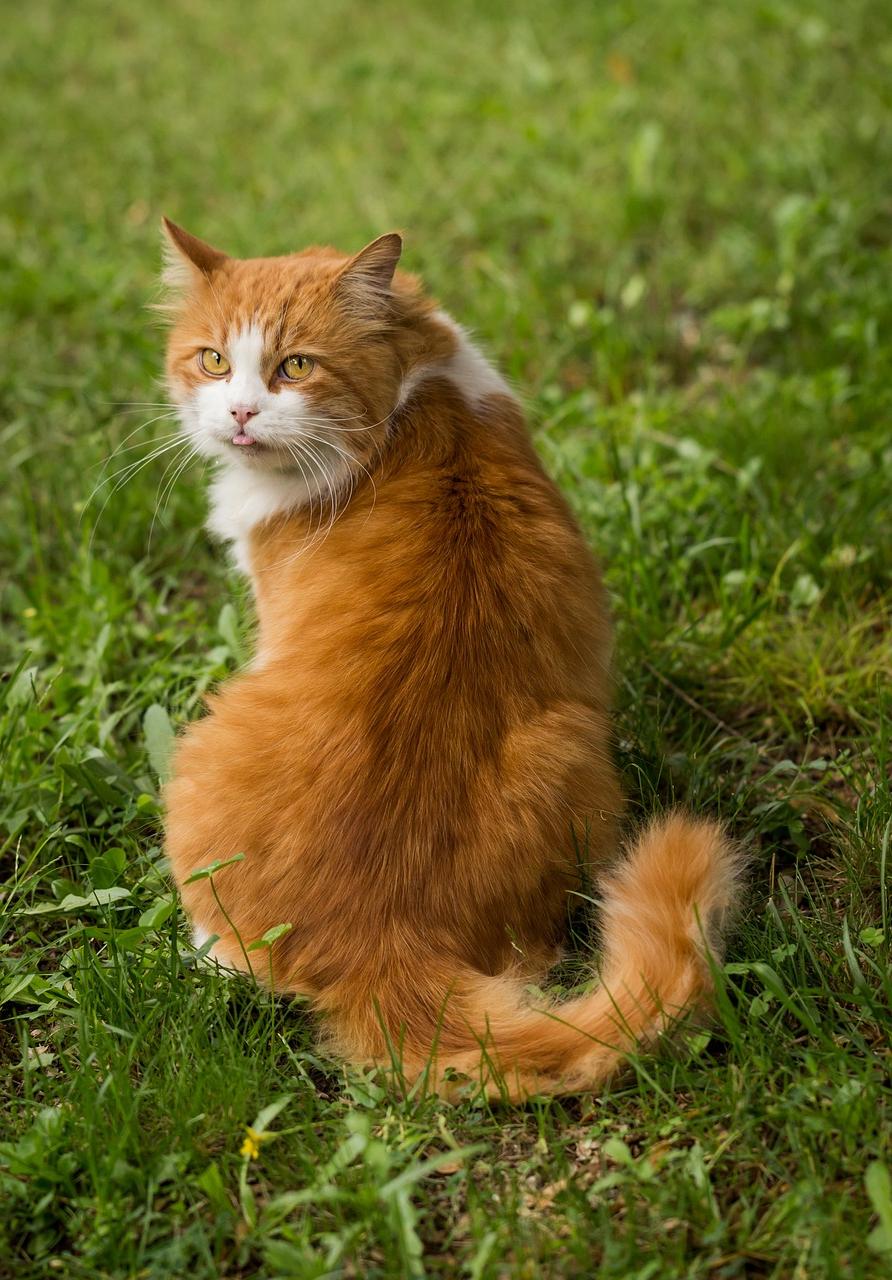
Well, the answer is yes!
Here are some reasons why:
- Interacting with cats releases endorphins, dopamine, and oxytocin — these are all feel-good hormones that contribute to feelings of happiness and wellbeing.
- Cats serve as therapy animals, offering distractions from sadness and improving moods through routines and playtime.
- They have calming abilities that help individuals cope with stress, anxiety, and depression.
- The emotional bond between cats and their owners is strong. Cats enjoy human company and can develop deep emotional ties.
- Cats can also interpret human sadness, and petting them uplifts one's mood, providing comfort and support.
- Owning a cat brings various benefits, including reduced stress levels and the release of happy hormones. Who wouldn't want that?
- Having a cat gives you a sense of purpose in taking care of another living being.
- It helps you maintain a healthy routine since cats require regular feeding, playtime, and grooming.
- And let's not forget about choosing the perfect name for your ginger kitten! Giving your cat a meaningful name allows for a special connection with your feline companion.
So the next time you're feeling down, consider spending some quality time with your furry friend.
Your cat may just be the ultimate source of comfort and happiness in your life, helping you navigate through those sad moments with ease.
Cats: Knowers of Sadness
Key Takeaways:
- Cats can sense and understand human emotions, particularly sadness.
- They recognize their owner's low mood or depression through various cues.
- Cats may not experience emotions in the same way as humans.
- Cats can become melancholy due to a lack of social engagement or previous trauma or loss.
- Cats are sensitive to physical and behavioral changes in humans.
- They often respond to sadness by engaging more frequently and adjusting their behavior accordingly.
- Cats have the capacity to read facial expressions and associate positive or negative signs with emotions.
- They use visual and auditory cues to discern human emotions.
- Cats actively develop cognitive and social skills to connect with their owners.
- Cats establish emotional connections within their colony and recognize emotional signals from their owners.
- Cats can experience their own range of emotions including fear, aggression, attachment, sadness, and grief.
- Cats closely monitor changes in their owners' facial expressions and overall disposition.
- They are highly attuned to normal behaviors and emotions.
- Cats adjust their behavior when their owners are unhappy.
- Cats can sense visual and auditory cues of sadness and associate them with how they are treated.
And that wraps up today's article.
You made it to the end of my blog post! I hope you enjoyed reading it. I always put in a tremendous amount of effort to create thorough and valuable content for my readers. Writing these blog posts takes up a significant amount of my time, but I don't mind because I genuinely enjoy it. It would mean the world to me if you could click on any of the social sharing buttons to share this blog post with others. Your support is truly appreciated. Thank you so much!
Talk soon,
-Sarah Davis